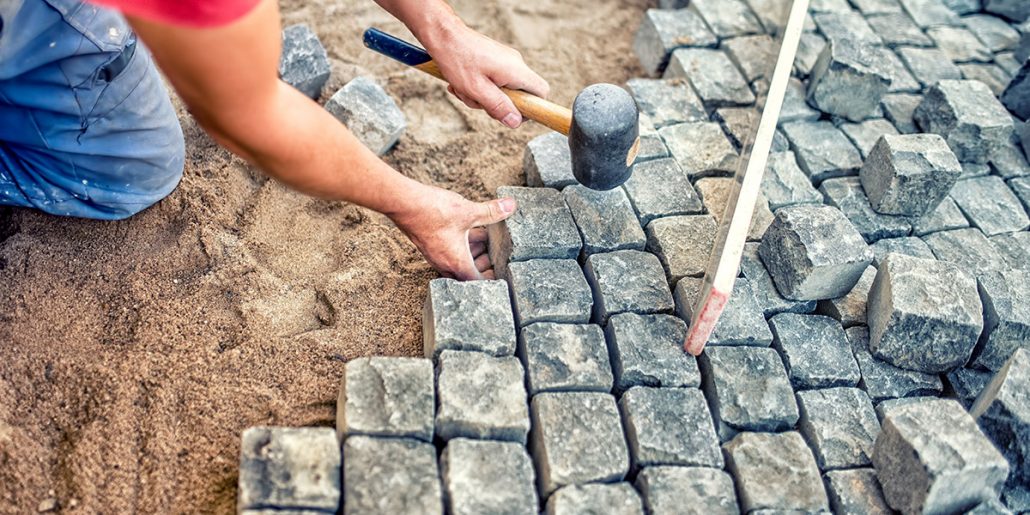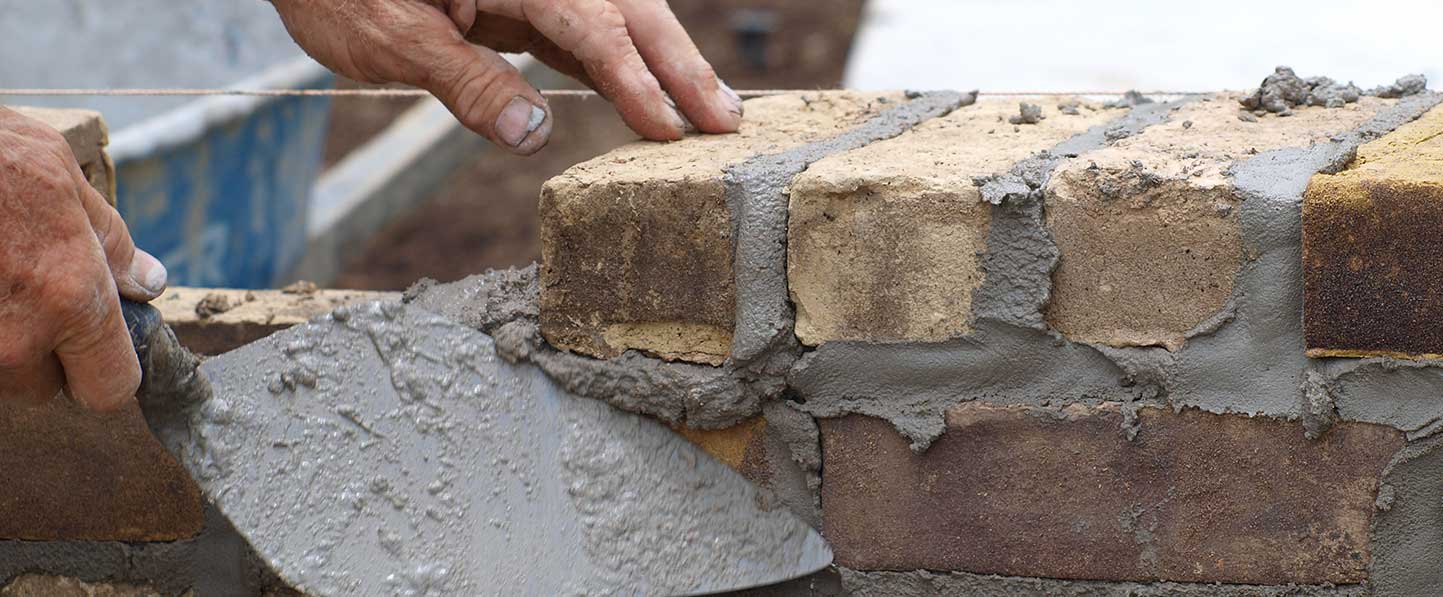Unlocking the Secrets of Lasting Stonework Construction Practices for Eco-Friendly Structures
Amongst the myriad techniques to green building, lasting masonry building and construction stands out as a reliable and sturdy approach that holds a wide range of untapped possibility. From the selection of materials to innovative building and construction strategies, the secrets to attaining sustainability within stonework building and construction are diverse and fascinating.
Benefits of Lasting Masonry Building
Accepting lasting stonework building and construction practices not just decreases ecological influence but also uses long-lasting economic advantages to builders and communities. By using products like recycled bricks, obstructs, and rocks, contractors can substantially decrease the carbon footprint of their projects while advertising resource performance. Furthermore, sustainable stonework building techniques, such as correct insulation and thermal mass residential properties, can improve energy performance within buildings, causing reduced operational costs in time.
Additionally, the sturdiness and strength of stonework frameworks add to long-lasting economic benefits. Structures constructed utilizing sustainable stonework techniques often call for much less maintenance and repair work, translating to set you back savings for builders and building owners. The durability of masonry products also guarantees that frameworks stay steady and protected, lowering the need for frequent improvements or substitutes.
Eco-Friendly Stonework Products
Utilizing green stonework products is an essential action in the direction of enhancing the sustainability of building and construction techniques and minimizing ecological impact while optimizing long-term financial advantages. Lasting masonry materials are sourced, produced, and utilized in a fashion that lowers overall ecological influence. Materials such as recycled blocks, reclaimed stone, and lasting concrete blocks are coming to be progressively popular selections for eco-conscious building contractors. Recycled bricks, for example, not just divert waste from landfills but also require much less power to generate contrasted to new blocks. Redeemed stone offers a distinct visual charm while minimizing the need for new quarrying. Sustainable concrete obstructs incorporate recycled aggregates and might feature better insulation buildings, contributing to power effectiveness in structures.
In addition, all-natural products like adobe, rammed planet, and straw bundles give superb thermal mass homes, minimizing the requirement for heating and cooling energy. These products are frequently locally readily available, advertising local economic situations and lowering transportation-related carbon discharges. By selecting eco-friendly stonework materials, building and construction jobs can significantly lower their ecological footprint and add to the creation of much healthier, more lasting developed settings.
Energy-Efficient Masonry Methods
Energy effectiveness plays a vital duty in boosting the sustainability of masonry building techniques. By applying energy-efficient stonework methods, home builders can substantially minimize the overall power intake of a building, resulting in lower functional costs and a smaller sized ecological impact. One vital energy-efficient stonework method is the use of thermal mass, which entails including dense materials like concrete or brick right into the building's structure to take in and save warmth. This helps manage indoor temperatures, reducing the requirement for mechanical home heating and cooling systems.

Advancements in Lasting Stonework
Current improvements in lasting masonry techniques have brought about ingenious techniques that are improving the building industry. One such innovation is the development of self-healing concrete, which makes use of bacteria embedded within the concrete to recover splits autonomously. This innovation not just lowers upkeep costs but also enhances the toughness of masonry structures, contributing to their sustainability.
One more notable advancement is the use of recycled aggregates in stonework building - masonry contractor. By incorporating products such as crushed ceramic waste or recycled glass right into concrete blends, building contractors can lower the environmental impact of building tasks while keeping structural stability. This technique not only diverts waste from landfills but also preserves all-natural resources, making it a key development in lasting masonry building
Additionally, the integration of digital design tools, such as Building Info Modeling (BIM), is revolutionizing the means masonry structures are prepared and constructed. BIM enables for more precise computations, lowered product wastefulness, and improved energy effectiveness, ultimately bring about more sustainable building practices. These advancements jointly signify an encouraging future for sustainable masonry construction in the era of eco-friendly buildings.
Future Trends in Stonework Sustainability
With the innovative strides made in lasting masonry methods, the future fads in stonework sustainability are poised to additional change the construction industry. One of the key fads shaping the future of masonry sustainability is the increased combination of technology. Advancements such as Building Info Modeling (BIM) and digital fact simulations are being made use of to optimize masonry construction processes, resulting in decreased product waste and improved energy efficiency in structures.
Additionally, the advancement of novel sustainable materials is readied to play a significant role in enhancing the eco-friendliness of stonework construction. masonry contractor. Innovations like uhpc concrete mix design self-healing concrete, recycled aggregates, and bio-based binders are acquiring traction for their capability to reduce ecological effect while maintaining architectural stability

Conclusion
In verdict, sustainable stonework building and construction methods use many benefits for eco-friendly buildings. masonry contractor. Developments in sustainable masonry are continuously being developed to better boost the environmental efficiency of structures.